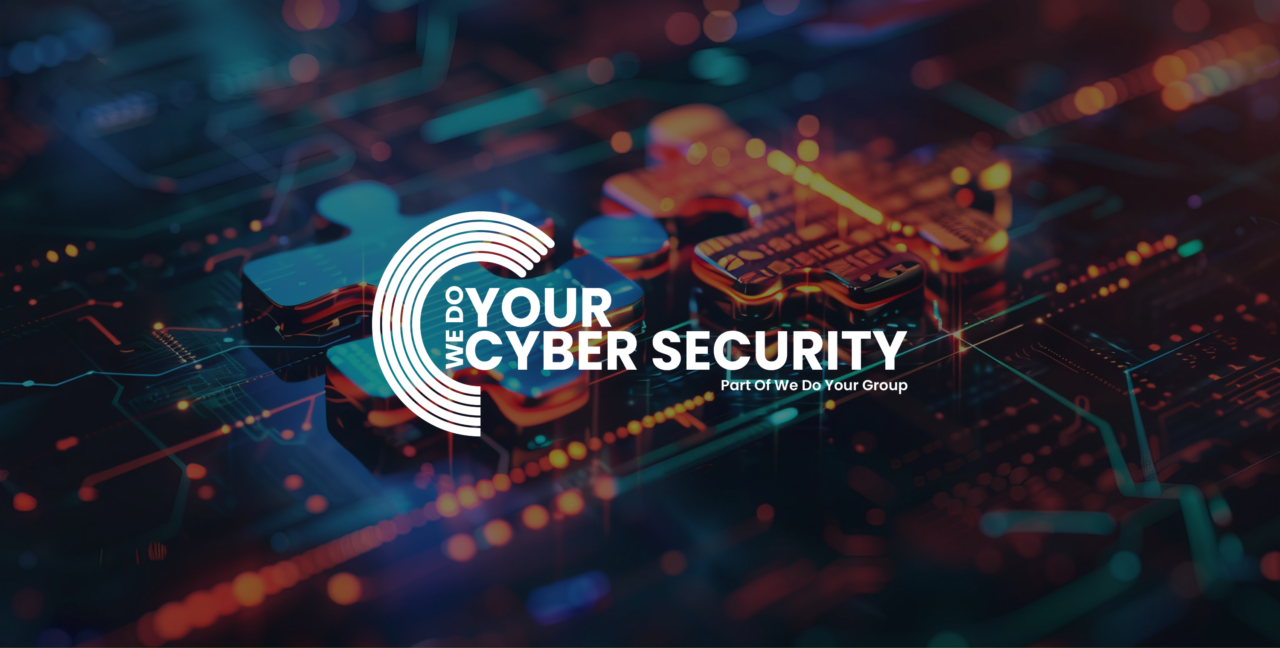

Cyber threats have surged in recent years, putting an unprecedented amount of pressure on the professionals tasked with mitigating them. This increase is not only disrupting businesses but also affecting the mental well-being of those on the cyber security frontlines.
The cyber security industry is grappling with a rising trend of professional burnout. The workload has grown exponentially, leading to exhaustion and a severe impact on productivity. This demand-supply imbalance, aggravated by the increasing complexity of cyber threats, is causing a significant strain on security experts.
A staggering 59% of the UK’s senior cyber security professionals are reportedly facing burnout. This high burnout rate is a result of increased workloads, the relentless pace of the sector, and the constant need to stay ahead of cyber threats. The stress of safeguarding sensitive information and infrastructure has turned into a major occupational hazard for these professionals.
While the direct costs of cyber attacks are often discussed, the hidden cost – employee burnout – is frequently overlooked. The increased frequency and sophistication of cyber attacks make the job of security professionals exceptionally stressful, leading to mental fatigue, decreased productivity, and in extreme cases, burnout.
The CyberArk survey sheds much-needed light on the direct correlation between the surge in cyber threats and the burnout rate among security professionals. The survey findings highlight the need for organisations to acknowledge and address the issue, fostering a balanced work environment that does not compromise the mental health of their employees.
Work-life balance is proving elusive in the cyber security industry. The constant vigilance required to protect against cyber threats often bleeds into personal time, causing significant work-life imbalance. This imbalance is not only detrimental to the mental health of professionals but can also lead to decreased job satisfaction and performance.
The high burnout rate in the cyber security industry underscores the need to address its human aspect. While technological advancements are crucial, equally important is the mental well-being of the professionals tasked with implementing these technologies. A holistic approach that includes stress management and mental health support can go a long way in mitigating the burnout epidemic.
Given the demanding nature of the cyber security industry, prioritising mental health is essential. Organisations should implement proactive measures to support their employees, such as regular mental health check-ups, flexible work schedules, and stress management programs.
To mitigate burnout, the cyber security sector needs well-considered reforms that focus on reducing excessive workloads and nurturing a healthy work environment. This could include measures like hiring more personnel, promoting a positive work culture that values rest as much as productivity, and investing in training and tools that can alleviate the workload of security professionals.


